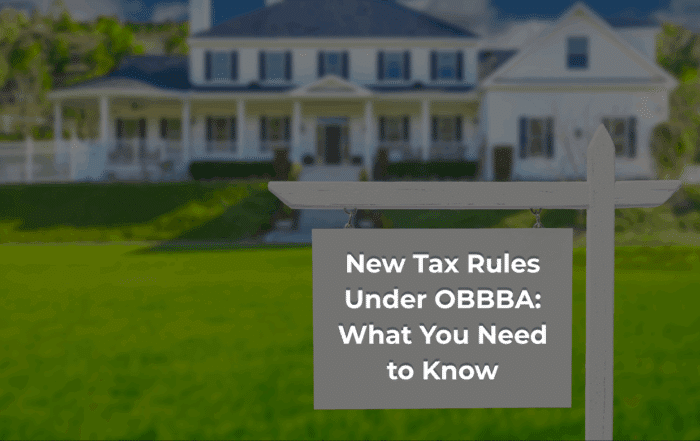Real Estate Professionals
Tax Strategies to help Real Estate Professionals
Real Estate Professionals are an IRS designation, people who predominately work in real estate, for whom their real estate is considered non-passive and can offset other sources of earned income. The Real Estate Professional designation is commonly used by real estate investors who spend most of their professional working time in real estate areas like real estate sales, brokerage, or construction.
CPA for Real Estate Professionals
Financial and Tax Benefits for Real Estate Professionals
Many successful real estate investors switch their careers to the area of real estate sales from their prior profession. While most do it because they have fallen in love with real estate and choose to work full-time, the substantial tax benefits also support the decision. Because of depreciation, many real estate investments will generate a cash flow profit and a tax loss, allowing tax-free income. However, this passive income can only offset other passive income without special rules. The IRS has documented this in Publication 925.
Many investors know they can offset $25,000 of income by applying passive losses. However, that loss is limited by their income, and high-earning individuals with the most to gain from this benefit can often not use it. However, real estate professionals can consider their real estate income non-passive, offsetting their ordinary income. This tax status, and resulting taxable income, may impact whether you want to use a 1031 Exchange or not when selling properties. This allows them to generate large cash incomes without paying substantial taxes. This advantage can be magnified with cost segregation studies and other advanced real estate tax strategies that are more common in commercial real estate transactions.
Because either spouse can be a real estate professional, this strategy has often been used by single-income families to generate this real estate professional status. If the non-working spouse can generate the hours in the industry to be a real estate professional, they can benefit from this tax status. If both spouses work outside the real estate industry, it isn’t easy to establish yourself as a real estate professional. However, if one of you becomes a real estate agent, establishing yourself as a real estate professional becomes easier. If you are not a real estate professional, you can still benefit from the tax code over time with tax-free income. If you are an investor in short term rentals, there are other tax issues to consider. If you have outside investors that include foreign real estate investors, you may have additional reporting and compliance issues to address.
Real Estate CPAs know the importance of understanding real estate rules and regulations. Bette Hochberger is a CPA, a former real estate agent, and a real estate investor, helping her understand real estate professionals’ challenges.
Recent Real Estate Posts
Short-Term Rentals and Taxes: What Airbnb & VRBO Hosts Need to Know
Explore short-term rentals and taxes for Airbnb & VRBO hosts. Get tips on tax obligations, deductions, and regulations.
What is Real Estate Professional Status (REPS)?
Explore how Real Estate Professional Status can reduce your rental property taxes and learn the qualifying criteria for tax benefits!
How OBBBA Rewrites Your Tax Strategy
Breakdown of OBBBA tax changes, bonus depreciation, STR rules, audit risks, and 2024–2025 tax strategies you can act on now.




